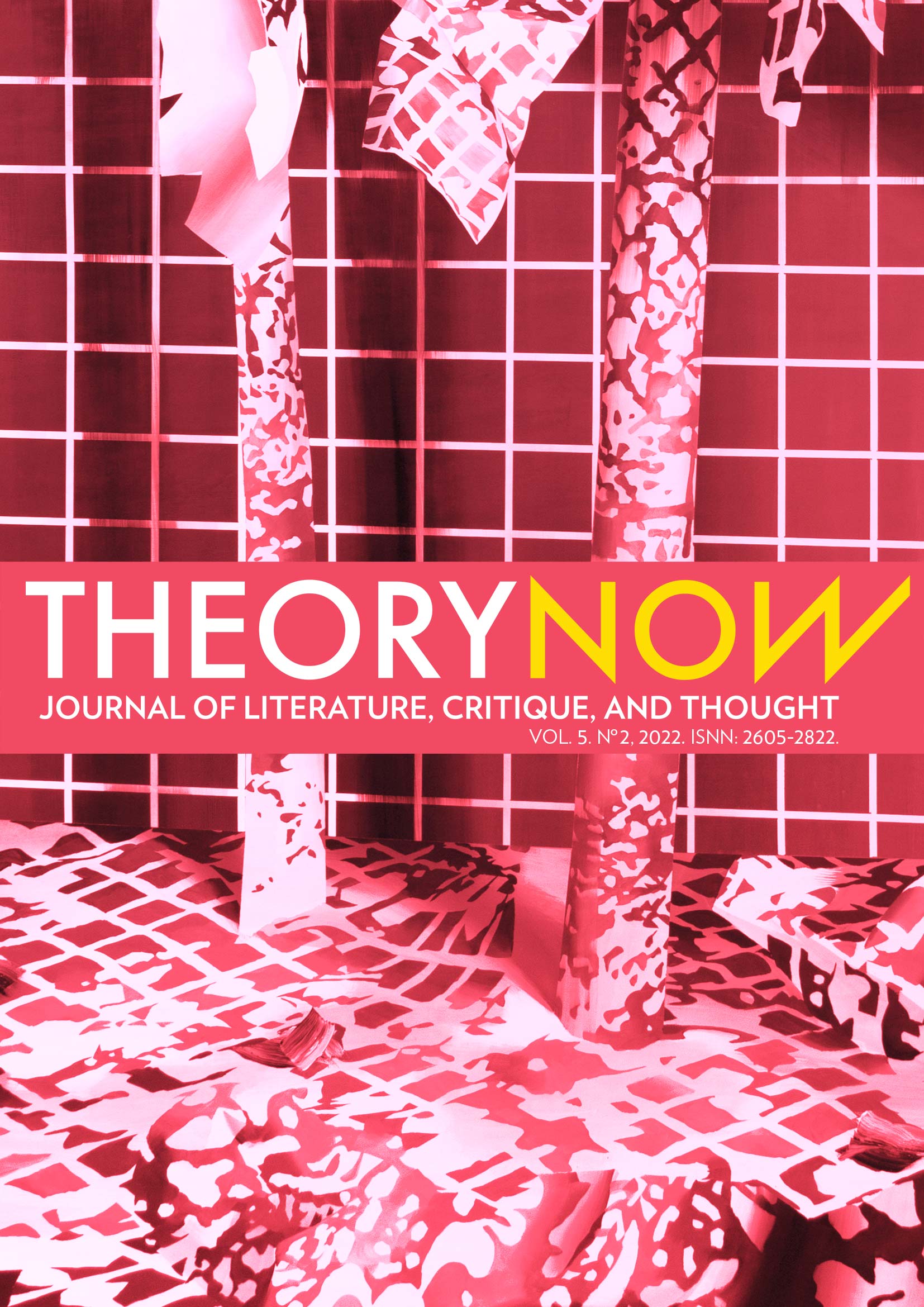Dialectic: A Defense
DOI:
https://doi.org/10.30827/tn.v5i2.25903Keywords:
Dialectics, Jameson, Post-theory, Philosophical Deconstruction, Adorno, Marxism, Hegel, IdealismAbstract
This essay critically analyzes the complex evolution of the notion of dialectics in the work of Fredric Jameson. The author clarifies concepts and systematically reorders the chosen topic. Likewise, he makes a brilliant defense of dialectical praxis against its critics.
Downloads
References
Adorno, Theodor. Dialéctica negativa. La jerga de la autenticidad. Madrid, Akal, 2005.
Hegel, Fenomenología del Espíritu Madrid, Abada, 2010.
____. Enciclopedia de las Ciencias Filosóficas. Madrid, Abada, 2017.
Jameson, Fredrick. Marxism and Form [1971]. Princeton, NJ, Princeton University Press, 1974.
____. Sartre: The Origins of a Style [1961]. Nueva York, Columbia University Press, 1984.
____. Late Marxism. Adorno or the Persistence of the Dialectic [1990]. Londres, Verso,
____. The Hegel Variations. On the Phenomenology of Spirit. Londres, Verso, 2010.
____. Valences of the Dialectic. Londres, Verso, 2010.
Marx, Karl. El Dieciocho Brumario de Luis Bonaparte. Madrid, Alianza, 2015.
Sartre, Jean Paul. Crítica de la razón dialéctica, I y II [1960]. Buenos Aires, Losada, 2004.
Downloads
Published
How to Cite
Issue
Section
License
Theory Now. Journal of Literature, Critique, and Thought is an immediate open-access publication which is available at no cost for readers and authors alike. Authors are not charged any kind of fee for the editorial processing of their articles. Reading, downloading, copying, distributing, printing, searching, linking or reusing all published articles for non-commercial uses is allowed on the condition of citing the author, the journal and the editing body. All intellectual material published in this journal is protected under a Creative Commons Attribution-NonCommercial 3.0 Spain license.
Dissemination of the articles in social (Facebook, Twitter, Linkedin, etc.) and scientific networks (ResearchGate, Academia.edu, etc.), public repositories at universities and other institutions, blogs, personal or institutional websites, Google Scholar, ORCID, ResearchID, ScopusID, etc. is strongly encouraged. In all cases, the intellectual property of the articles and any possible monetary profits derived from them belong exclusively to the authors.













